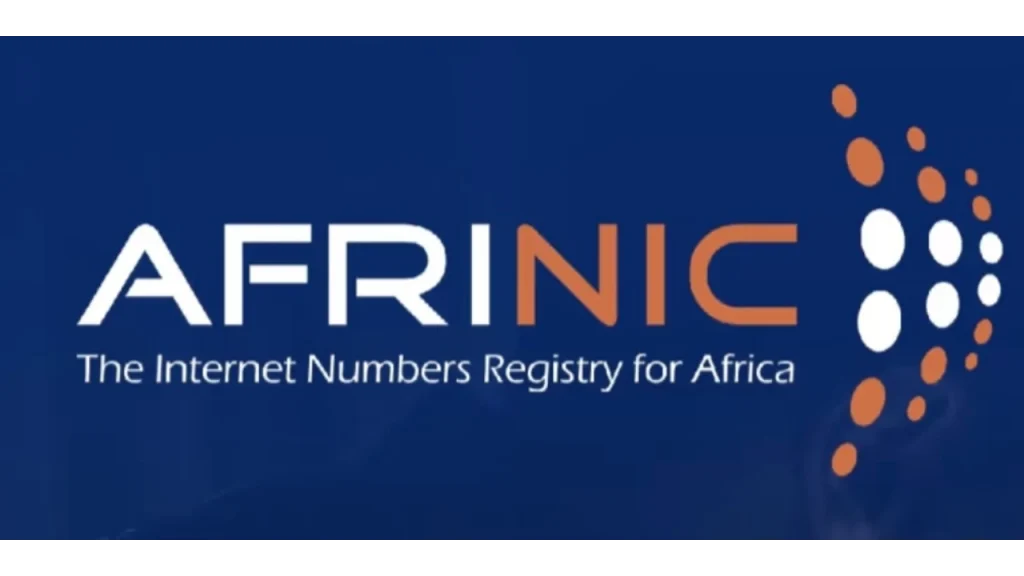- Years of governance breakdown have left AFRINIC without a credible leadership process.
- Stakeholders warn Africa’s digital future is at risk without urgent structural reform.
AFRINIC’s breakdown and its human impact
AFRINIC, the African Network Information Centre, has entered what many see as a terminal governance collapse. The annulment of its June 23 election over what it called “one unverified proxy dispute” led to the discarding of valid votes, undermining trust in the organisation’s democratic process. This latest controversy follows years of governance failures, including the absence of a functioning board and CEO. Without these critical leadership roles, AFRINIC’s ability to manage Africa’s internet number resources is paralysed.
Stakeholders, including Cloud Innovation, AFRINIC’s third-largest member, argue that the registry’s election standards are unworkable and incapable of delivering fair representation. The dispute has also drawn in ICANN, whose actions — such as supporting AFRINIC’s executive body despite judicial challenges — have been criticised as overreach. Observers say this has deepened tensions between Africa’s bottom-up governance advocates and those pushing for centralised
Also read: AFRINIC launches voter onboarding ahead of board election
Also read: ICANN or ICan’t? CEO Lindqvist chooses dictatorship over democracy in AFRINIC
Africa’s internet future at stake
The crisis has far-reaching implications for Africa’s internet ecosystem. AFRINIC’s inability to run credible elections undermines trust in governance, and without immediate reform, the risk is that Africa’s IP resources will be mismanaged or left in limbo. The stakes go beyond one registry: this is about the principle of regional autonomy in internet governance.
ICANN’s involvement has fuelled concern that Africa’s bottom-up governance model is under threat from centralised, external control. Critics argue this undermines both democratic principles and the continent’s ability to set its own digital future. With no clear resolution in sight, and court interventions clashing with executive actions, the AFRINIC crisis now represents not just a technical issue but a constitutional test for governance in the digital age.

